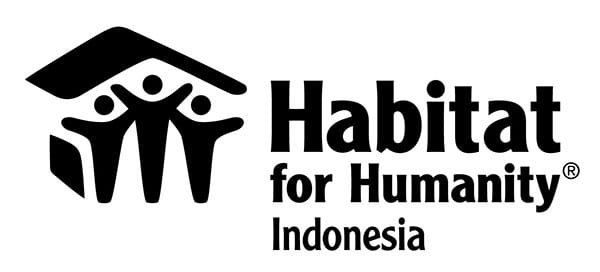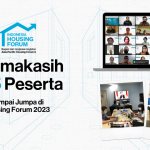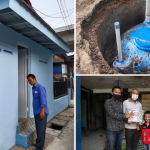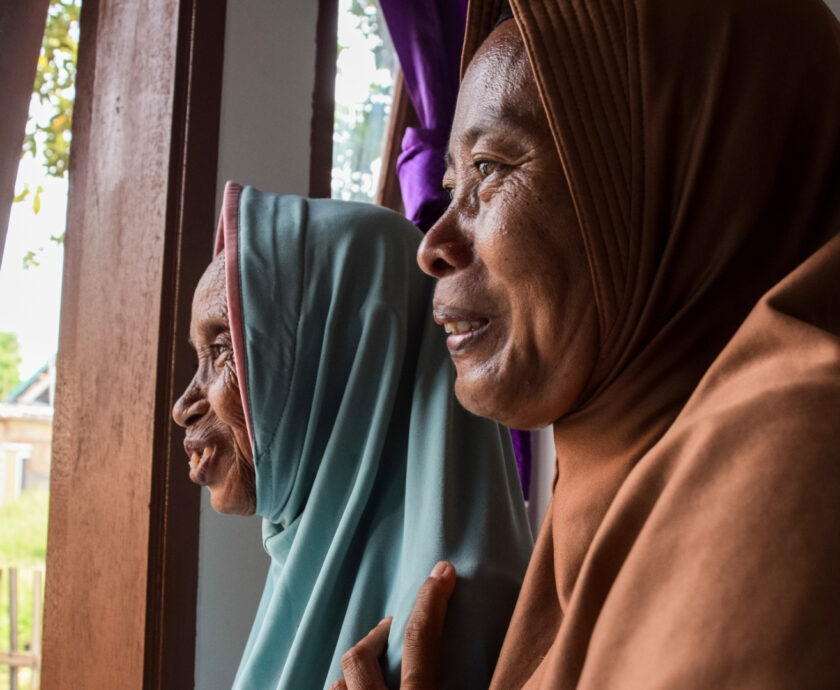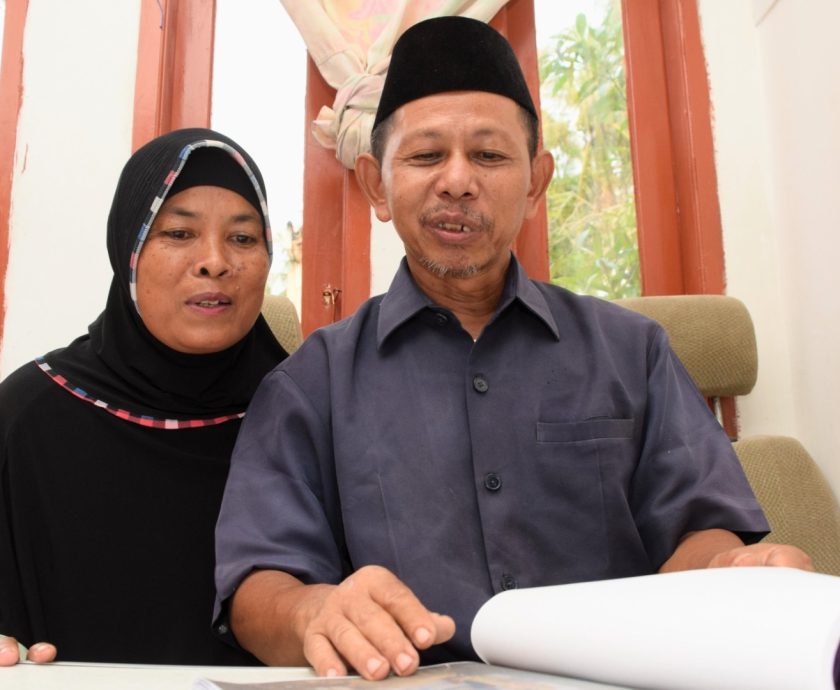So that a house can be said decent is to have a sufficient area to meet health standards, namely good ventilation, clean toilets and bathrooms, enough rooms for family members to move around and designed to facilitate the movement of residents, especially for the disabled. If the families have toddlers or school children, ideally the house can have a yard or be located close to an open space such as a playground or field and most importantly have a fairly safe distance from the road.
Another requirement that needs to be noted is the separation of rooms between parents and their children and between boys and girls. Separation of this room is one way to teach children to be more independent. Meanwhile, the separation of a boy’s room with a girl’s room can be done if the child begins to enter his teens because they both have different needs.

Data from the National Socio-Economic Survey or Susenas (survey activity by BPJS) shows that there are still 14 million families who do not have decent housing. To help families have decent housing, especially for low-income families, Habitat for Humanity Indonesia has made various efforts, including by providing construction, rehabilitation and home improvement assistance, the funding of which is in collaboration with corporate donors (CSR) and individuals. Through the housing assistance program, decent houses can become a healthy place to live and families become more productive. Especially during the COVID-19 pandemic, the house is a primary need because every family member has to work or do activities from home. People have to work from home, play at home, study at home, so there is a need for proper and healthy homes.
Let’s collaborate with Habitat Indonesia to create decent houses for low-income families by becoming Habitat Crew. Go to to participate in the movement for change for a better Indonesia.
